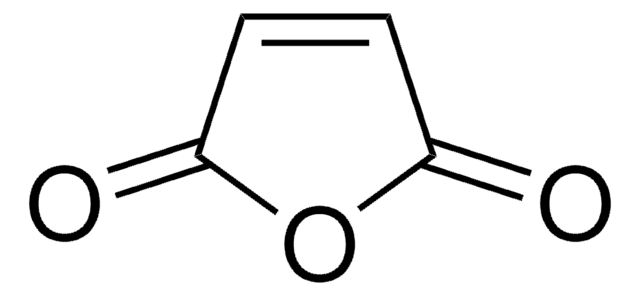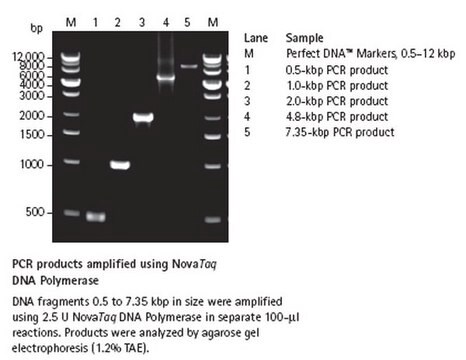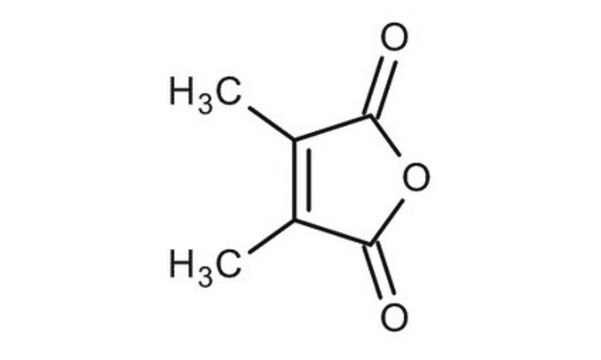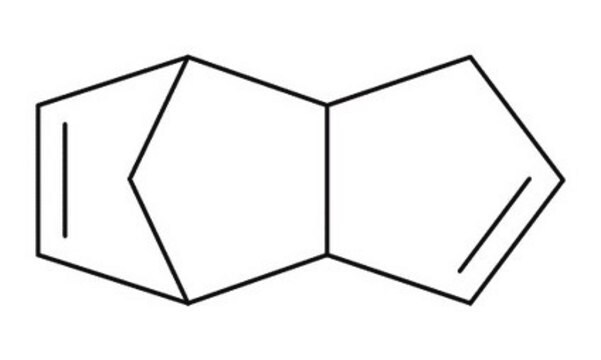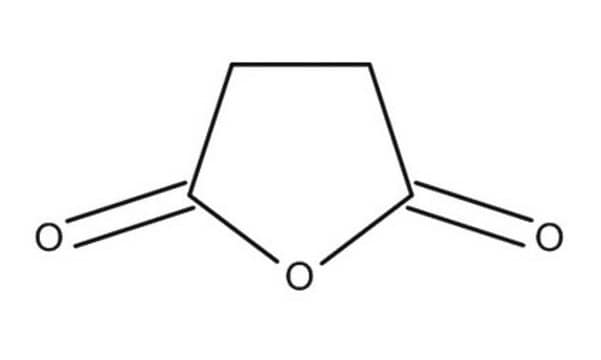8.00408
Maleic anhydride
for synthesis
Synonym(s):
Maleic anhydride, 2,5-Furanedione
About This Item
Recommended Products
vapor pressure
1.33 hPa ( 44 °C)
Quality Level
form
solid
autoignition temp.
475 °C (DIN 51794)
potency
1090 mg/kg LD50, oral (Rat)
2620 mg/kg LD50, skin (Rabbit)
expl. lim.
1.4-7.1 % (v/v)
pH
0.8 (20 °C, 550 g/L in H2O, Hydrolysis)
bp
202 °C/1013 hPa
mp
51-53 °C
transition temp
flash point 103 °C
density
1.32 g/cm3 at 55 °C
bulk density
700‑800 kg/m3
storage temp.
2-30°C
SMILES string
O1C(=O)C=CC1=O
InChI
1S/C4H2O3/c5-3-1-2-4(6)7-3/h1-2H
InChI key
FPYJFEHAWHCUMM-UHFFFAOYSA-N
Application
- Chemical modification of polypropylene by maleic anhydride: This study explored the application of maleic anhydride (MAH) for modifying the properties of polypropylene through melt grafting. The findings reveal how variations in the concentration of MAH influence the polymer′s properties (Ebadi-Dehaghani et al., 2014).
- Renewable production of phthalic anhydride: A study on the synthesis of phthalic anhydride from biomass-derived furan and maleic anhydride, highlighting an eco-friendly pathway for producing a widely used industrial chemical (Mahmoud et al., 2014).
- Enhancement of biopolymer properties: Research on using maleic anhydride as a compatibilizer in natural fiber-reinforced poly(lactic acid) composites, which demonstrates the improvements in mechanical and thermal properties of the composites (Yu et al., 2014).
- Application in electrical property enhancement: This article reports on the application of maleic anhydride grafted polypropylene which significantly enhances the material′s electrical properties, potentially applicable in various advanced electronics and engineering fields (Zhou et al., 2016).
Analysis Note
Melting range (lower value): ≥ 51 °C
Melting range (upper value): ≤ 54 °C
Identity (IR): conforms
Signal Word
Danger
Hazard Statements
Precautionary Statements
Hazard Classifications
Acute Tox. 4 Oral - Eye Dam. 1 - Resp. Sens. 1 - Skin Corr. 1B - Skin Sens. 1A - STOT RE 1 Inhalation
Target Organs
Respiratory system
Supplementary Hazards
Storage Class Code
6.1C - Combustible, acute toxic Cat.3 / toxic compounds or compounds which causing chronic effects
WGK
WGK 1
Flash Point(F)
217.4 °F
Flash Point(C)
103 °C
Certificates of Analysis (COA)
Search for Certificates of Analysis (COA) by entering the products Lot/Batch Number. Lot and Batch Numbers can be found on a product’s label following the words ‘Lot’ or ‘Batch’.
Already Own This Product?
Find documentation for the products that you have recently purchased in the Document Library.
Customers Also Viewed
Our team of scientists has experience in all areas of research including Life Science, Material Science, Chemical Synthesis, Chromatography, Analytical and many others.
Contact Technical Service